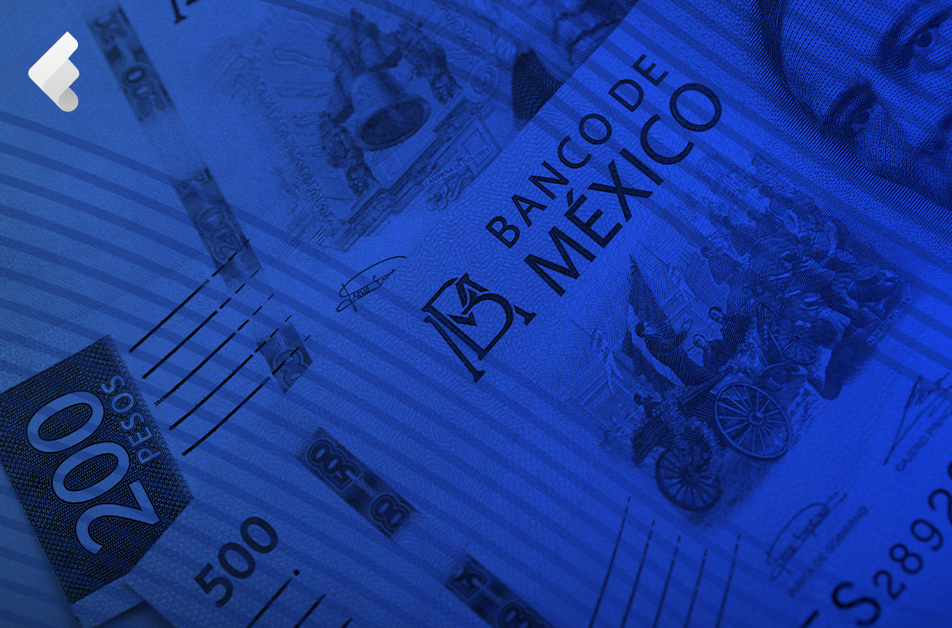Table of Contents
Spain Tax Overview 2022
Knowing the differences that separate one country’s tax system and laws from another’s can sometimes feel overwhelming. But those differences often play a key role in helping companies decide whether to relocate or expand their business to another country.
This article will examine three different aspects of Spain’s tax laws, namely personal taxes, corporate taxes, and VAT taxes.
SERVIAP can help with your global expansion needs. Contact us today to learn how you can expand your business with PEO in Spain.
Spain Personal Taxes
Here’s everything you need to know about personal taxes in Spain:
Who Is Taxed?
Spain taxes all individuals who perform activities in the country. How those people are taxed depends on whether they are residents or non-residents. Individuals are considered residents for tax purposes if they spend more than 183 days per year in the country, or if the center of their interests are located there.
What Is the Tax Rate?
Spain has a progressive individual income tax that’s based on the total taxable income a person receives in a year. This rate ranges from 19% on the low end all the way up to 45% on the high end.
Non-residents are generally subjected to a flat tax rate of 24%, no matter the total income. This rate drops to 19% for any resident of a member state of the European Union or EEA.
National vs. International Income
Spanish residents are taxed on all of their income activities, no matter where the source comes from. Non-residents are taxed only on the income they earn within Spain, as well as any capital gains from within the country.
Capital Gains, Exemptions, and Other Considerations
Spain has a capital gains tax that operates on a sliding scale based on the total gain. The rate is 19% for the first €5,999.99, 21% on the gains between €6,000 and €49,999.99, and 23% for any amount €50,000 and above. Spanish residents can offset these gains by capital losses, and they can be carried forward four years.
Spain Corporate Taxes
Here’s everything you need to know about corporate taxes in Spain:
Who Is Taxed?
Spain taxes both resident and non-resident companies. Resident companies are taxed on their worldwide income. For tax purposes, a company is considered a resident of Spain if it was formed under the laws of the country, has a registered office or its effective management office located in the country. Non-resident companies are taxed on their Spain-source income only.
What Is the Tax Rate?
Spain has a flat corporate tax rate of 25%. Some companies in specific fields and newer companies may qualify for a lower tax rate.
What Is Taxable Income?
Spain considers all net profit to be taxable income.
Tax Incentives and Deductions
Spain allows a few different tax incentives and deductions. With only some exceptions, corporations are allowed to deduct expenses for accounting. The exceptions include sanctions, fines, gratuities, and dividends.
Companies can also receive tax incentives for investing in technological innovation and research & development.
Spain VAT Taxes
Value-added taxes, better known as VAT taxes, are a common form of consumption tax. The value-added portion is the difference between a company’s sales and its cost of purchasing services or goods from another company.
Spain has three different tax rates for VAT tax, as well as some situations where it doesn’t apply. Here’s what you need to know about GST taxes in Spain:
Who Is Taxed?
Any companies that are importing goods into the country, are holding goods in a Spanish warehouse for resale, install and supply services over 12 months, and sell goods from the country to other countries in the EU must pay a VAT tax. There are many other instances in which a VAT tax is applied on goods and/or services provided from or brought to Spain.
What Is the Tax Rate?
The standard VAT tax in Spain is 21%. Some goods and services, such as restaurant and hotel services and passenger transportation, qualify for a reduced 10% rate. A further reduced 4% rate is available for construction work, some media outlets, food and drink, and more.
The standard VAT tax rate for the Canary Islands General Indirect Tax is 7%. Melilla and Ceuta are subject to other indirect taxes on services, imports and production.
Is Spain Right for Your Business?
SERVIAP is a leading Professional Employer Organization (PEO) ready to help your business expand operations throughout the Western Hemisphere. PEO is a model of co-employment, where we assume total responsibility for your talent, allowing you to focus on the strategic activities of your organization.
Contact us today to learn more about how you can expand your business in Spain.






























